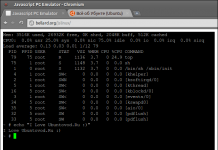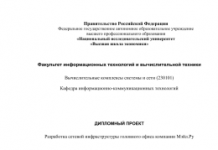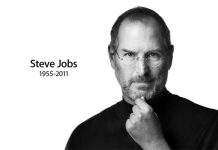OpenAI CEO Sam Altman has pledged to donate over half of his wealth to philanthropic causes, joining The Giving Pledge alongside other high-profile billionaires. The move comes after a period of internal turmoil at OpenAI, where Altman was briefly ousted and then reinstated as CEO last November, highlighting the instability within the rapidly commercializing artificial intelligence sector.
The Pledge and Altman’s Focus
Altman, whose estimated net worth is $1 billion largely derived from venture capital investments, stated his philanthropic efforts will focus on “technology that helps create abundance for people.” This suggests a continued belief in the power of innovation, even as AI development raises complex ethical and societal questions.
In a joint letter with his husband, technology investor Oliver Mulherin, Altman emphasized gratitude for the existing societal structures that enabled his success. He framed the pledge as a commitment to “build the scaffolding up a little higher,” implying a desire to further enhance the conditions that allowed his wealth to accumulate.
The Giving Pledge: A History and Criticism
Founded in 2010 by Bill Gates, Melinda French Gates, and Warren Buffett, The Giving Pledge encourages the world’s wealthiest individuals to commit the majority of their fortunes to charitable causes. Over 240 signatories from 30 countries have made the commitment.
However, the initiative has faced criticism for its lack of enforceable oversight. While the pledge represents a public commitment to philanthropy, there are no legal mechanisms to ensure signatories follow through on their vows. This raises questions about the true impact of such pledges versus concrete, measurable charitable action.
OpenAI’s Commercialization and Altman’s Role
Altman initially founded OpenAI as a non-profit research lab dedicated to the safe development of artificial intelligence. However, the company has since transitioned to a capped-profit model, driven by the commercialization of technologies like ChatGPT. This shift has drawn scrutiny from some within the AI community, who argue that profit motives could compromise safety and ethical considerations.
Altman’s commitment to philanthropy may be seen as a way to counterbalance these concerns, positioning him as a socially responsible leader even as OpenAI pursues aggressive commercial growth. The company also has a licensing agreement with The Associated Press, granting OpenAI access to AP’s text archives.
Altman’s pledge reflects a broader trend among tech billionaires to engage in high-profile philanthropy. While such commitments can generate positive impact, critics argue that systemic change requires more than individual generosity, and that true progress demands addressing wealth inequality and corporate accountability






































